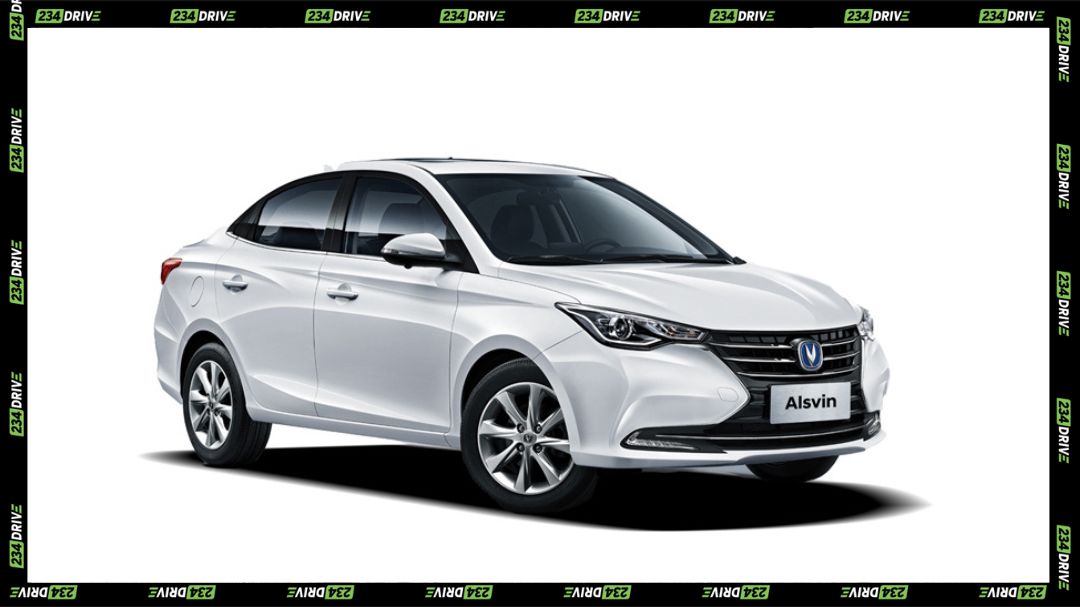Overheating is one of the most common causes of car breakdowns in Nigeria. With temperatures often exceeding 35°C and traffic jams keeping engines idling for long periods, coolant maintenance is critical. Low coolant levels are a frequent culprit, and ignoring them can lead to costly repairs, including warped cylinder heads or full engine replacements.
In extreme cases, prolonged overheating can seize the engine entirely, forcing a full replacement that could cost more than the car’s market value. For commercial drivers and long-distance travelers, this can also mean lost income, missed deadlines, and expensive towing charges, making preventative coolant checks both a safety measure and a financial safeguard.
Why Coolant Matters in Nigeria
Coolant, or antifreeze, regulates engine temperature, prevents overheating, and protects against corrosion. It is designed to absorb heat from the engine and dissipate it through the radiator. In Nigeria’s tropical climate, this process is crucial because prolonged heat exposure can degrade engine oil faster, damage gaskets, and stress metal components. Unlike water, coolant contains additives that inhibit rust and scale formation, extending the life of the cooling system. A properly maintained coolant system also ensures consistent engine performance and helps avoid sudden breakdowns in heavy traffic.
When To Check Your Coolant?
xAlways check when the engine is completely cool—wait at least 30 minutes after turning it off to avoid injury from pressurized hot coolant. In hot climates like Nigeria’s, a monthly check is the bare minimum, but during the dry season, every two weeks is safer due to increased evaporation and higher engine strain.
Long-distance drivers, such as intercity transport operators, should check more frequently, ideally before every major trip, as overheating on highways can leave you stranded far from repair services.
Step-by-Step: How to Check Coolant Levels
- Park the vehicle on level ground to get an accurate reading.
- Turn off the engine and let it cool for at least 30 minutes.
- Open the bonnet and locate the translucent coolant reservoir, typically marked with “MIN” and “MAX” lines.
- Visually check the coolant level—it should be between these lines.
- If below “MIN,” top up with a 50/50 mix of glycol-based coolant and distilled water.
- Consult your vehicle’s manual for the recommended coolant type; using the wrong type can cause chemical reactions that damage the system.
- Avoid overfilling, as it can lead to overflow when the coolant expands under heat.
Why Distilled Water Matters
Tap water in Nigeria often contains minerals like calcium and magnesium, which cause limescale buildup inside the radiator and hoses. Over time, this can narrow coolant passages, reducing heat transfer efficiency and causing overheating even when the coolant tank appears full. Distilled water is free of these minerals, keeping the cooling system clean and efficient. It also prevents electrolysis corrosion, which can occur when minerals in regular water react with the metals in the engine.
What to Do if Coolant Is Low
If your coolant is below the minimum mark, top it up slowly using a funnel to prevent spills. Use a 50/50 coolant-distilled water mix unless your manufacturer specifies otherwise. After topping up, monitor the coolant level daily for at least a week. A rapid drop indicates a leak. Common leak signs include a sweet smell from the engine bay, visible puddles under the car, white smoke from the exhaust (possible head gasket issue), or coolant residue around hose clamps. Address leaks immediately to avoid engine damage.
Climate Impact on Coolant Use
Nigeria’s high ambient temperatures accelerate coolant evaporation and increase the workload on radiators, especially in urban stop-and-go traffic. Extended idling with the AC further strains the cooling system. Using a high-quality glycol-based coolant with a high boiling point helps maintain performance under these conditions. Cheaper, low-quality coolants can boil at lower temperatures, leading to vapor lock and reduced cooling efficiency.
Coolant vs. Water: Which Is Better in Nigeria?
Many Nigerian drivers believe water alone is sufficient, but this is a dangerous misconception. Water lacks anti-corrosion additives, boils faster, and can cause scaling. Glycol-based coolant raises the boiling point, prevents freezing in rare cold conditions (such as high-altitude regions), and offers rust protection. A 50/50 coolant and distilled water mix provides the best balance of heat transfer, corrosion resistance, and boiling point elevation.
How Often Should You Flush Your Coolant?
Most global manufacturers recommend a coolant flush every 2–3 years, but in Nigeria’s climate, flushing every 18–24 months is advisable. Frequent flushing removes rust, mineral deposits, and sludge that reduce cooling efficiency. This is especially important for vehicles operating in dusty or sandy environments, as debris can clog radiators and reduce heat dissipation.
Quick Maintenance Checklist
- Check coolant level: Monthly, every two weeks in the dry season.
- Use distilled water: Always, to avoid mineral buildup.
- Maintain 50/50 mix: Glycol-based coolant and distilled water.
- Flush system: Every 18–24 months in Nigeria.
- Inspect for leaks: Bi-monthly or after long trips.
Coolant checks are essential preventive maintenance for Nigerian drivers. Regular inspections, the right coolant mix, and timely flushing protect against overheating and extend engine life. In a hot, high-traffic environment, proactive care is far cheaper than replacing an engine. By following these steps, you’ll reduce the risk of roadside breakdowns and keep your car running efficiently year-round
In Essence,
Checking your coolant levels isn’t just a good habit—it’s a necessary one, especially in Nigeria’s climate. Follow the right procedure: wait for the engine to cool, locate the reservoir, check the level, and top up with a proper mix.
Don’t rely on outdated advice like using plain water. Use the right coolant, mix it correctly, and check regularly. Your car engine—and your wallet—will thank you.
As with most car maintenance in Nigeria, being proactive is cheaper than dealing with a breakdown. For more insight into avoiding major car disasters, read our breakdown of 5 signs a Nigerian used car isn’t for you.










